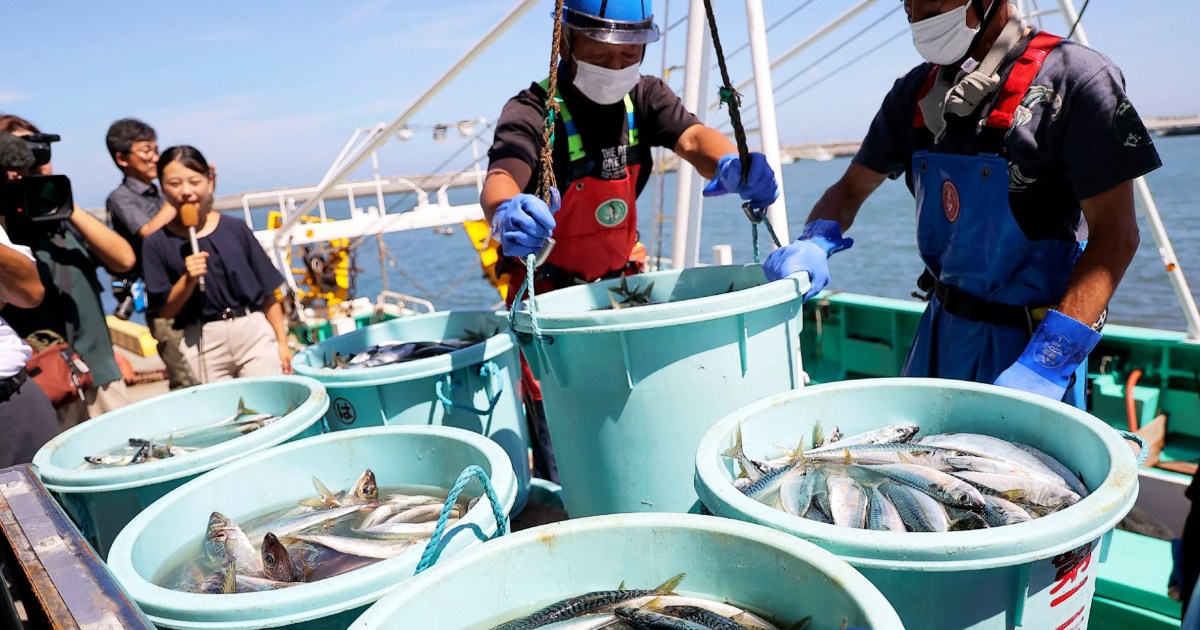The United States has started bulk buying Japanese seafood to supply its military there in response to China’s ban on such products imposed after Tokyo released treated water from its crippled Fukushima nuclear plant into the sea.
Unveiling the initiative in a Reuters interview on Monday, U.S. ambassador to Japan Rahm Emanuel said Washington should also look more broadly into how it could help offset China’s ban that he said was part of its “economic wars.”
China, which had been the biggest buyer of Japanese seafood, says its ban is due to food safety fears.
The U.N.’s nuclear watchdog vouched for the safety of the water release that began in August from the plant wrecked by a 2011 tsunami. G7 trade ministers on Sunday called for the immediate repeal of bans on Japanese food.



IIRC tritium isn’t at the heart of the complaint. China (and other critics) aren’t convinced that other heavier radionuclides won’t make it through the filtering process. These isotopes would be more likely to bioaccumulate in marine life and so they could cause problems even if their concentration was very low to begin with. TEPCO is also not a trustworthy company. They’ve lied about contamination from the Fukushima wastewater in the past. As such, I don’t think China’s actions here are totally unreasonable.
The UN nuclear watchdog has cleared the water as well.
The IAEA’s report is based on the assumption that everything goes as planned. Given TEPCO’s history, why exactly is it unreasonable to want additional assurances before buying Japanese seafood?